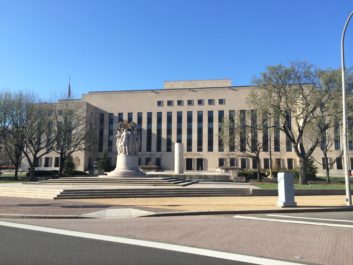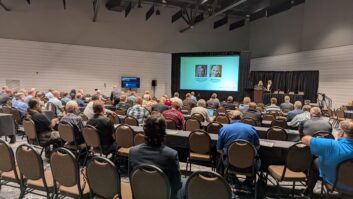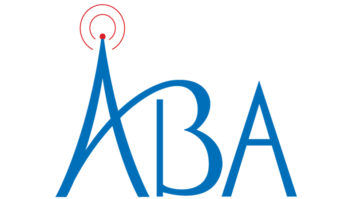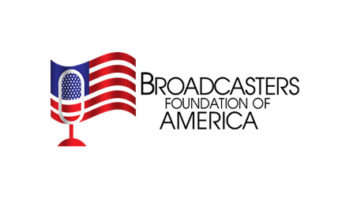
Oral arguments are set for April 12 in the broadcast industry’s lawsuit against the FCC, seeking to overturn the commission’s order mandating disclosures for foreign government-sponsored programming.
On Friday the National Association of Broadcasters, the Multicultural Media, Telecom and Internet Council and the National Association of Black Owned Broadcasters filed a reply brief with the federal appeals court. They are the organizations that brought this suit against the FCC.
They say the court should set aside the action because it violates not one but three crucial standards: the Communications Act, the First Amendment and the Administrative Procedure Act.
Among their arguments, the broadcasters say that the FCC order tells stations to engage in “reasonable diligence” to determine the true source of the programming aired on its station, which mandates independent investigation of government websites.
“But the broadcaster’s statutory duty is far narrower,” they said. “Congress required only that each broadcaster ‘shall exercise reasonable diligence to obtain from its employees, and from other persons with whom it deals directly’ information necessary to disclose to the public the person who paid for the programming.” The plaintiffs emphasized the underlined phrase, concluding: “The commission cannot ignore the restrictions Congress has placed upon a broadcaster’s duty of diligence.”
They also criticized “the regulation’s extraordinary reach and sheer pointlessness” and said mandatory investigation “redresses a phantom harm never known to occur: namely, a foreign governmental entity registered under the Foreign Agents Registration Act or a U.S.-based foreign media outlet registered under Section 722 of the Communications Act who leased broadcast time without disclosure.”
And they say the rule imposes substantial burdens on thousands of broadcasters to address the phantom harm. It said the FCC’s limited evidence — which in any event concerns no “harms” that the order redresses — can’t justify requiring every commercial broadcast station in the country to conduct independent investigations for every existing and future lease.
[Read the reply brief.]
The rule was approved 4–0 by the commissioners last year. Now, when a broadcaster leases time, they need to ask the “lessee” if they or their programming are from a foreign governmental entity.
“If the answer is yes, a sponsorship identification will need to be placed on air and documented in the station’s public file,” Chairwoman Jessica Rosenworcel wrote at the time.
“If the answer is no, a broadcaster will need to independently verify the lessee using the Foreign Agent Registration Act website from the Department of Justice and the FCC’s semi-annual foreign media outlet reports.”
The FCC believes that foreign governmental entities are increasingly purchasing time on domestic broadcast stations.
Rosenworcel said last year, “We know that foreign entities are purchasing time on broadcast stations in markets across the country, including Chinese government-sponsored programming and Russian government-sponsored programming right here in our nation’s capital.”







